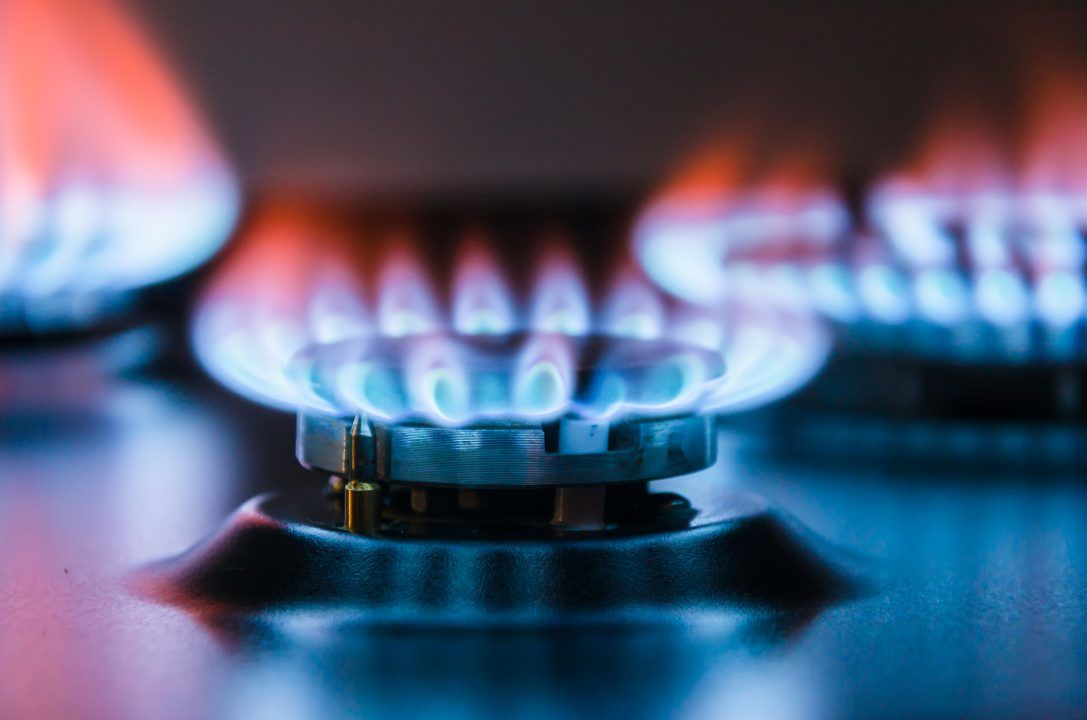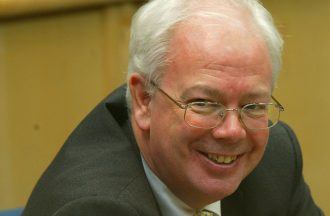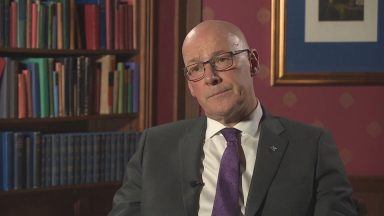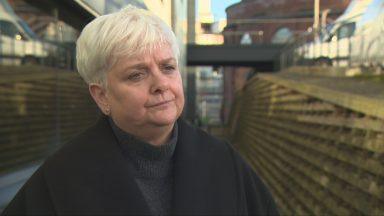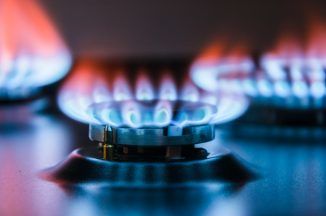Gas and electricity prices will rise by 10% in Scotland from Tuesday.
It comes after the regulator Ofgem announced in August it would hike its price cap from the current £1,568 for a typical household to £1,717.
The average bill will rise by around £12 a month, or £149 a year, for a typical dual fuel household in England, Scotland and Wales.
Scottish households have been told they risk overpaying for energy if they do not submit meter readings as close to October 1 as possible.
Ofgem said rising prices in the international energy market, due to heightened political tensions and extreme weather events, were the main driver behind the decision.
It means households will be going into the colder months facing higher bills than since April when the cap was lowered.
Millions of pensioners are also facing a winter with less support after the new UK Government decided to scrap winter fuel payments for those who do not receive pension credits or other benefits.
In a glimmer of hope, energy consultancy Cornwall Insight predicts the average domestic energy bill is set to fall by 1% in January.
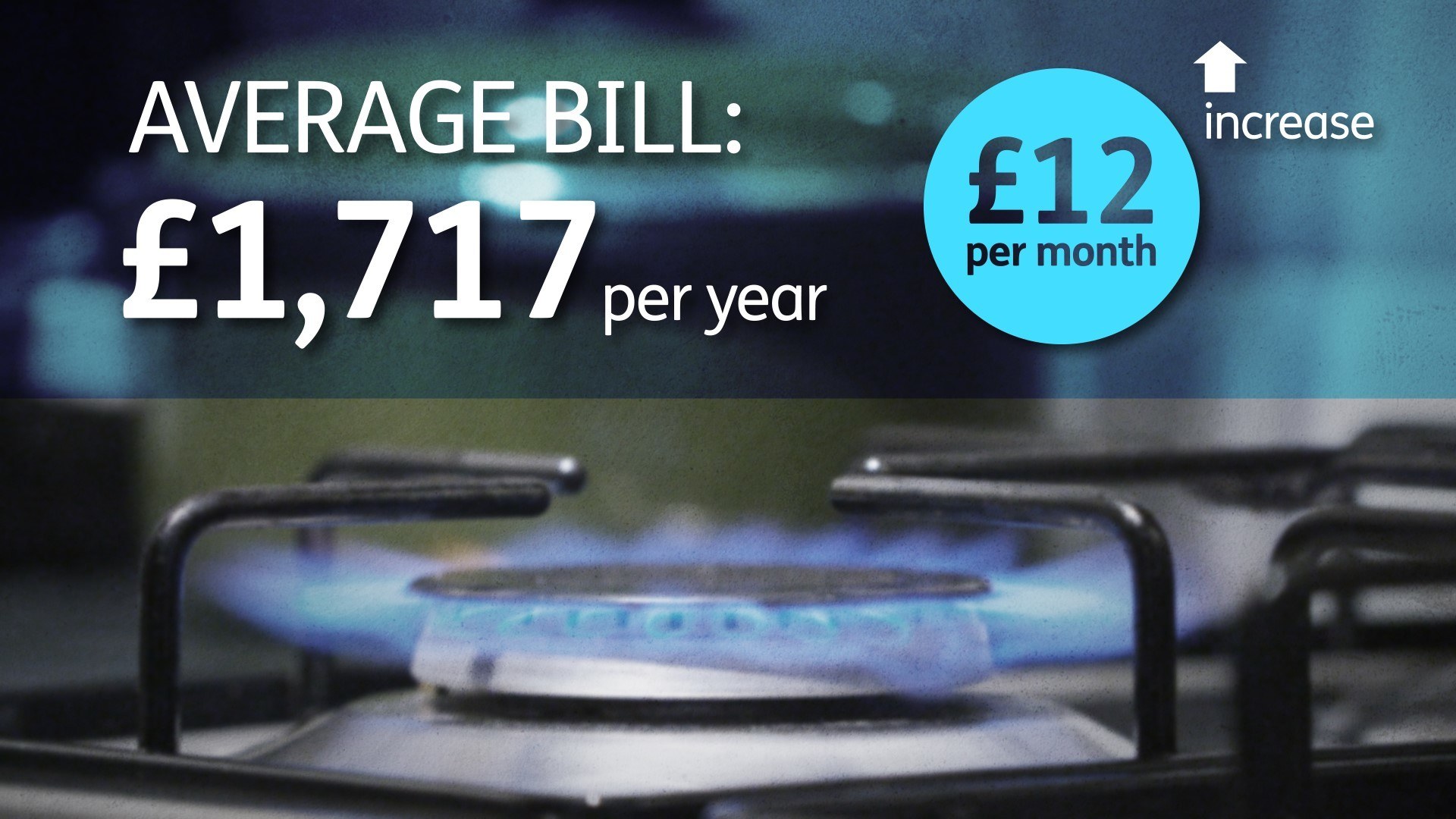 STV News
STV NewsCraig Lowrey, principal consultant at Cornwall Insight, said: “While households will have to endure a rise in the cap from October, our current forecasts suggest that this is a temporary blip.
“January to March, typically some of the coldest months of the year, often bring with them the biggest energy bills and, while our latest forecast is welcome news, it remains subject to the volatile wholesale gas and electricity markets.
“There remains a further six weeks or so for the wholesale market to influence our forecasts, and while the negligible quarter-on-quarter drop is welcome, it must be remembered that bills will still remain hundreds of pounds above historic levels.”
What is the energy price cap?
The energy price cap sets a maximum price that suppliers can charge consumers for each kilowatt hour (kWh) they use. How much you pay depends on how much energy you use.
The cap is a government protection, calculated by Ofgem. The regulator says having it in place ensures the profit that energy suppliers make is capped.
It limits the amount that domestic customers pay to 34p per kilowatt hour (kWh) for electricity and 10.3p per kWh for gas.
Ofgem changes the price cap every three months based on several factors, the most important of which is the price of energy on wholesale markets.
The energy price cap was introduced by the UK Government in January 2019.
It does not limit a household’s total bills because people still pay for each unit of gas and electricity they use – the figures provided are calculated for an average-use household and if more energy than average is used, a household will pay above the cap.
Ofgem is currently considering the future of price protection, including the suitability of the price cap and a potential permanent ban on so-called acquisition tariffs – cheaper prices for new customers to lure them away from their existing supplier.
Scots urged to submit meter reading to save money as price hike takes effect
Accurate readings will prevent suppliers from estimating usage and applying new, higher prices to energy consumed when they were lower, Advice Direct Scotland said.
People who did not submit readings before September 30 should do so as soon as possible and those with smart meters should ensure the device is working.
Suppliers who have not received meter readings base their bills on estimated usage, meaning households could be overpaying, while others may not be paying enough.
“Submitting your meter readings around October 1 will ensure you are charged correctly for energy used before and after the price cap change,” Andrew Bartlett, chief executive of Advice Direct Scotland, said.
“Taking a dated photo of your meter for reference is helpful, and if you have a smart meter, make sure it’s functioning.”
‘Pensioners and families will feel the force of broken energy system’
Scottish Green co-leader Patrick Harvie described Tuesday’s price hike as “yet another blow for households and families across Scotland”.
He said: “It will be made even worse by the brutal cut of the Winter Fuel Payment which will plunge vulnerable people into fuel poverty.
“Labour promised to make energy bills cheaper, yet they are offering little more than warm words at a time when households and families are already feeling a huge strain.
“Scotland is an energy-rich nation, with a vast majority of our electricity regularly being produced by cheap, green renewable sources, we don’t have to stick with a broken energy system that is based on ensuring obscene fossil fuel profits.
“We need radical and urgent reform of our energy markets if we are to break the link between sky high gas prices and electricity bills. Renewable energy has helped cut the cost of generating electricity, but this isn’t being reflected in household bills.
“This is one of the wealthiest societies in the history of the world, nobody should be forced to choose between freezing and starving.
“Many families don’t have time to waste, they need action now to cut their bills. Labour needs to act to reduce our reliance on global gas prices and reintroduce the full winter fuel payment for good.”
Follow STV News on WhatsApp
Scan the QR code on your mobile device for all the latest news from around the country


